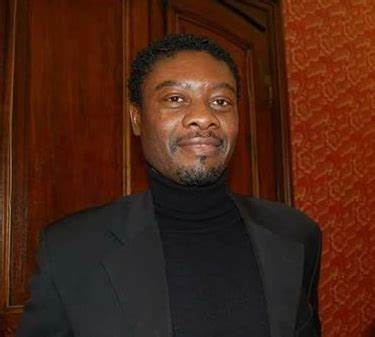Nnamdi Kanu Gets Replacement As IPOB Leader

The Indigenous People of Biafra (IPOB) announced on Monday the replacement of Mazi Nnamdi Kanu with Mazi Chika Edoziem as its new leader.
According to the IPOB statement, Mazi Edoziem would pilot the affairs of the group until its leader, Nnamdi Kanu, is released.
In a statement issued by the group’s spokesman, Emma Powerful, Chika Edoziem would relinquish the leadership role to Nnamdi Kanu when he is released.
Emmanuel Powerful said: “For the avoidance of doubt, the Directorate of State of the Indigenous People of Biafra (DOS), headed by Mazi Chika Edoziem, is at the helm of affairs of the Biafra movement; whenever our leader Mazi Nnamdi KANU comes out, he hands over IPOB structure back to him.”
Chika Edoziem is believed to be the deputy leader of IPOB.

Nnamdi Kanu is currently locked up by the Department of State Services, DSS.
The DSS has held the IPOB leader since he was re-arrested and repatriated from Kenya in 2011.
Nnamdi Kanu was intercepted by operatives of the Nigerian government in Nairobi, Kenya in June 2021 while on a visit to East African country from his London base. He was flown to Nigeria and arraigned in court on several charges including treason.










